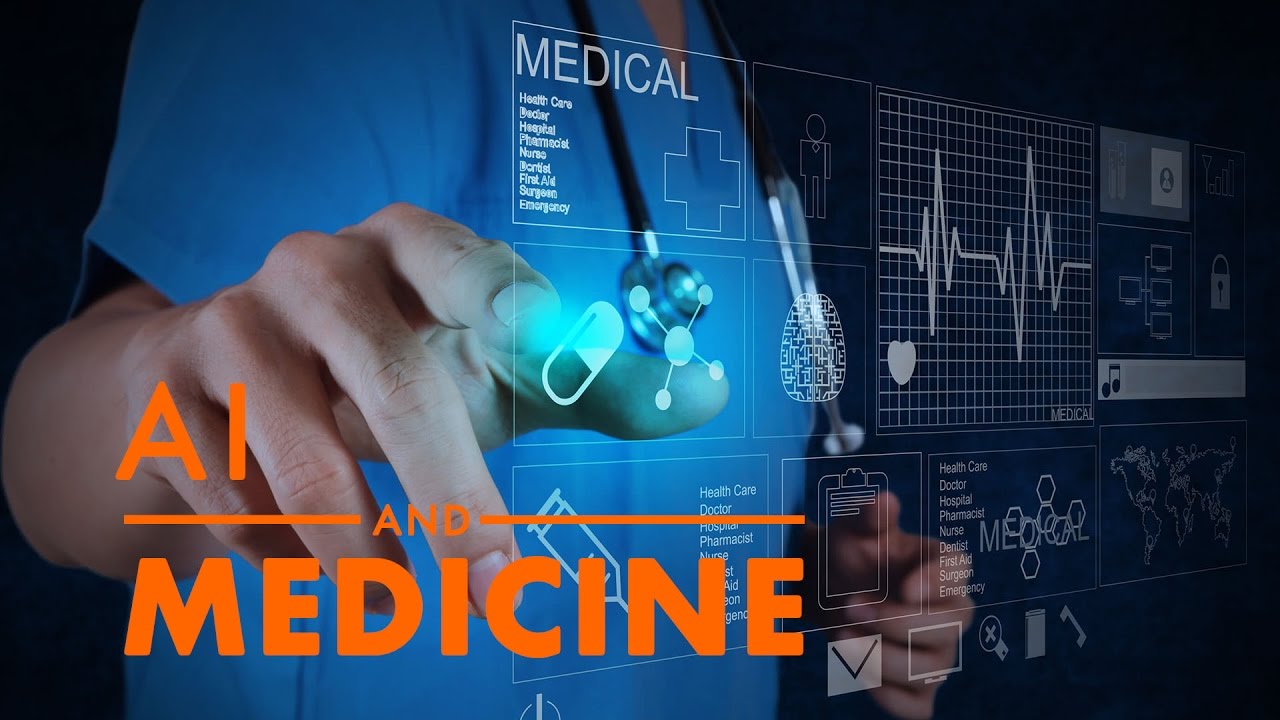Introduction
Imagine walking into a doctor’s office, describing your symptoms, and having an AI algorithm provide a diagnosis faster than the doctor could say “stethoscope.” Artificial Intelligence (AI) isn’t just for robots or smart speakers anymore—it’s revolutionizing healthcare. From early cancer detection to personalized treatment plans, AI is reshaping the medical landscape.
What Is AI in Medicine?
AI refers to algorithms and systems designed to perform tasks typically requiring human intelligence. In healthcare, this includes data analysis, pattern recognition, and decision-making.
Key Applications in Medicine:
- Diagnostics: AI-powered tools like IBM Watson analyze medical images, spotting abnormalities in seconds.
- Drug Development: Companies use AI to identify potential compounds, shortening the time to market.
- Predictive Analytics: AI predicts patient outcomes, helping doctors intervene early.
Benefits of AI in Healthcare
- Faster Diagnoses:
- AI algorithms analyze vast amounts of data at lightning speed.
- Example: Google’s AI detects diabetic retinopathy with near-perfect accuracy.
- Personalized Treatment:
- AI can tailor treatment plans based on genetic data, ensuring precision medicine.
- Cost Savings:
- Automation reduces administrative tasks and eliminates diagnostic errors.
Challenges and Limitations
- Data Privacy Concerns:
- Sensitive patient data must be safeguarded against breaches.
- Bias in Algorithms:
- AI systems can reflect biases present in training data, potentially leading to unequal treatment.
- Resistance to Change:
- Not all healthcare professionals are ready to embrace AI.
The Future of AI in Medicine
As AI continues to evolve, its potential seems limitless. From robotic surgeries to mental health chatbots, the possibilities are exciting and expansive. However, ensuring ethical use and inclusivity will be paramount.
Conclusion
AI in medicine isn’t just the future—it’s happening now. While challenges remain, the benefits of integrating AI into healthcare far outweigh the drawbacks. So next time you visit your doctor, don’t be surprised if their assistant is smarter than both of you!




Leave a Reply